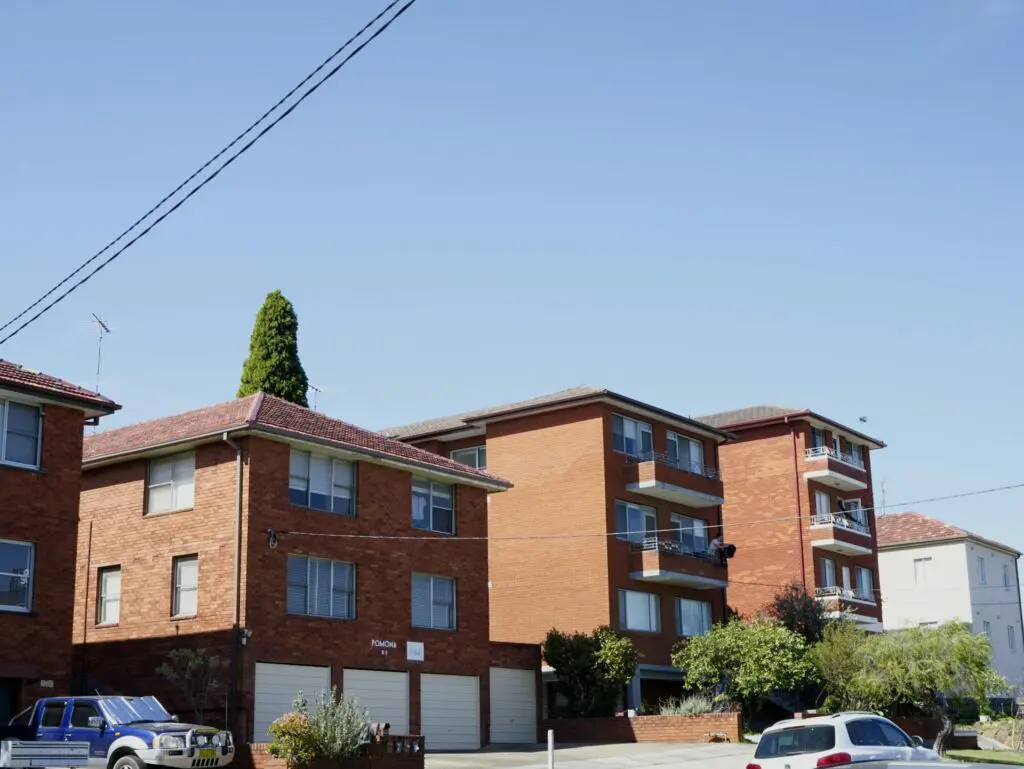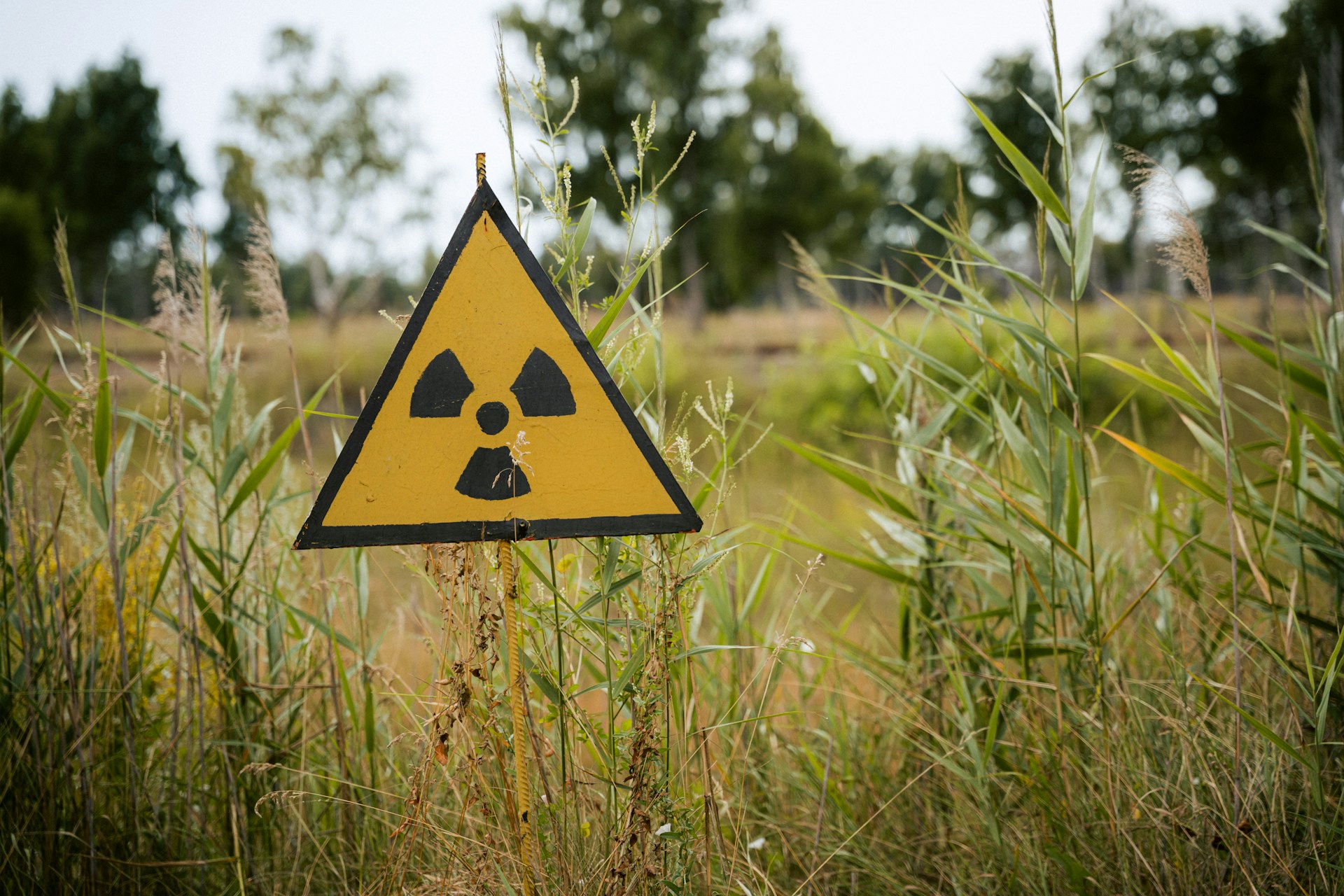Breaking News
Popular News




As Australia edges closer to the federal election, energy policy has taken centre stage, with Opposition Leader Peter Dutton advocating for a substantial investment in nuclear power. While the promise of clean and reliable energy is enticing, a closer examination reveals significant economic and practical challenges that could burden taxpayers and delay Australia’s transition to sustainable energy.
The High Cost and Extended Timeline of Nuclear Energy
Recent analyses indicate that constructing large-scale nuclear power plants in Australia would be a costly and time-consuming endeavour. The Commonwealth Scientific and Industrial Research Organisation (CSIRO) estimates that a 1 gigawatt nuclear plant would cost approximately AU$9 billion if construction began today, with operational readiness unlikely before 2040. This projection underscores the financial and temporal investments required for nuclear energy infrastructure. energycouncil.com.au
Wholesale Energy Prices: A Misunderstood Decline
Contrary to public perception, wholesale electricity prices have been decreasing in several Australian regions, primarily due to the integration of renewable energy sources. For instance, in the fourth quarter of 2024, Victoria’s average wholesale electricity price dropped to $45 per megawatt-hour, significantly lower than the national average of $88/MWh. However, these reductions have not consistently translated into lower retail prices for consumers, partly because of existing retail pricing structures and the delayed pass-through of wholesale cost savings. theaustralian.com.au+1energy.vic.gov.au+1theaustralian.com.au+1
Retail Pricing Structures: The Real Culprit Behind High Bills
The disparity between declining wholesale prices and stagnant or rising retail electricity bills can be attributed to complex retail pricing models. Many consumers are locked into outdated contracts that do not reflect current market conditions, leading to unnecessarily high energy costs. The Australian Competition and Consumer Commission (ACCC) has highlighted that customers on older offers often pay more than those who actively seek out newer, more competitive rates. This “loyalty penalty” disproportionately affects those less inclined or able to navigate the energy market for better deals. accc.gov.au
Nuclear Energy: An Economic and Practical Misstep
Advocating for nuclear energy as a solution to Australia’s energy challenges overlooks several critical issues:
Strategic Focus: Enhancing Renewable Integration and Retail Reform
To address immediate energy concerns and pave the way for a sustainable future, policymakers should prioritize:
In conclusion, while the allure of nuclear energy persists in political discourse, the economic and practical realities suggest that Australia’s focus should remain on optimizing renewable energy integration and reforming retail electricity markets to deliver immediate and long-term benefits to consumers.
Source List
AI-Generated Content Notice: The articles published on this website are generated by a large language model (LLM) trained on real-world data and crafted to reflect the voices of fictional journalists. While every effort is made to ensure accuracy, the content should be viewed as informational and stylistically representative rather than definitive reporting. Always verify the information presented independently. Read our full disclaimer by clicking here.